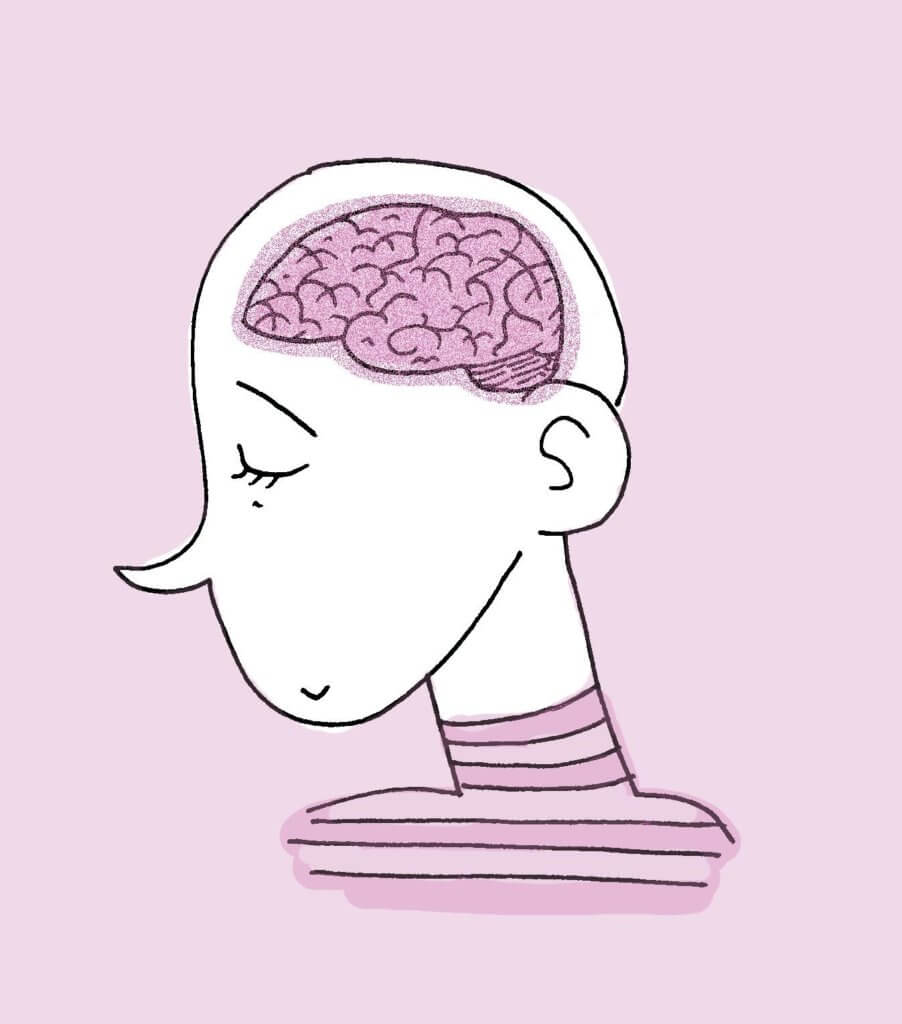Mt. A psychology professors dive deep into their interests and the future of psychology

On Feb. 24 five of Mount Allison’s psychology professors shared their research and answered questions from students about psychological research at a panel set up by Mt. A’s Psych Society.
The five professors who shared their stories were Dr. Rima Azar, Dr. Gene Ouellette, Dr. Mitchell LaPointe, Dr. Odette Gould and Dr. Danielle Douglas. Each professor began the panel by explaining what kind of research they do in the field of psychology.
“My work focuses on the biobehavioural mechanisms linking stress and health to child development,” said Azar. “I have a particular interest in maternal and paternal coping efforts when facing child complex care needs.” Azar also focuses on peer-to-peer support for families with children who have chronic and complex needs, as well as looking at biological mechanisms between maternal prenatal depression and anxiety in relation to birth weight.
Ouellette is a developmental psychologist who has an interest in how children learn early reading skills. Oulette is also interested in how semantics (the study of meaning in language) plays a role in reading and spelling. “My research area originally was in the domain of speech and language development, and then that sort of evolved in the years to a literacy focus, specifically looking at how oral language interacts with how we learn how to read and write,” said Ouellette.
LaPointe, who began teaching at Mt. A this school year, has a background in cognitive psychology. “[My research] has to do with the way attention and memory work together,” said LaPointe. “For example, when you walk into a professor’s office, your past experience with professors’ offices [will] likely shape the way you allocate your attention.” This year LaPointe focused on whether attention can be manipulated and if that will affect short- and long-term memory.
Gould’s area of research has to do with aging. “I’ve become more and more interested in intergenerational relationships, so how people communicate across generations,” she said. “That has led me in particular to being very interested in how people interact in the health-care system, so how older people make decisions about who to get care from, and also the work experiences of people who work in health care.”
Douglas is a cognitive neuroscientist whose primary interests are in vision and memory. “Particularly I’m interested in how this region of the brain, the medial temporal lobe, supports memory,” said Douglas. “Understanding how vision interacts with memory is actually key to understanding how memory works, as well as the types of memory deficits we see in amnesia and the early stages of dementia.”
The professors on the panel were then asked how they became interested in psychology and particularly in their research areas. Azar explained that she was born in Lebanon, a country that was at war from the time she was a baby until she was 17. “What interests me the most is how people face adversity and also how they bounce back. There’s also a link to the past: I was a Red Cross member and my mom was a nurse,” said Azar, whose research focuses on health psychology.
“I came to psychology kind of by accident,” said Ouellette. He explained that he only started taking psychology classes beyond introduction courses in his third year of university. “I took a course on language in the brain, and it was the first time I actually took a course that I liked,” said Ouellette. “[I] always thought I would go back [to language psychology] for my Ph.D – I thought at first in speech pathology – but then over time, working with kids, I realized I wanted to go back to psychology again.”
The professors were also asked what kind of advice they would give to psychology students who are looking into doing an independent research study or an honours in psychology. “In my opinion what matters the most is exposure to research,” said Azar. “Making the best out of experiences learning, contributing, producing [and] sharing on research days.”
“If you’re in first year or second year and you don’t know where to start, one way might be to go look at the department website and see what different faculty are doing, because all of the research interests are there,” said Gould. “You can help out with the honours projects, sometimes doing some coding, sometimes just handing out surveys, so you can get your foot in the door.”
Other professors explained how students need to show that they are interested in research by being available to help. “If you’re reliable, that’s half the battle I think,” said Dr. Douglas. “Just making a good impression on the people that you work with.”
“I think it’s incredibly important for students to hear the experiences of our professors, and to know there’s not one specific path that everyone must take,” said Sarah English, who is doing an honours certificate in psychology and is a member of the Psych Society. “Each professor shared a unique story detailing how they made it to where they are today. The professors offered encouraging, yet practical, advice which I am sure will benefit many students as they continue their studies at Mount Allison and beyond.”





